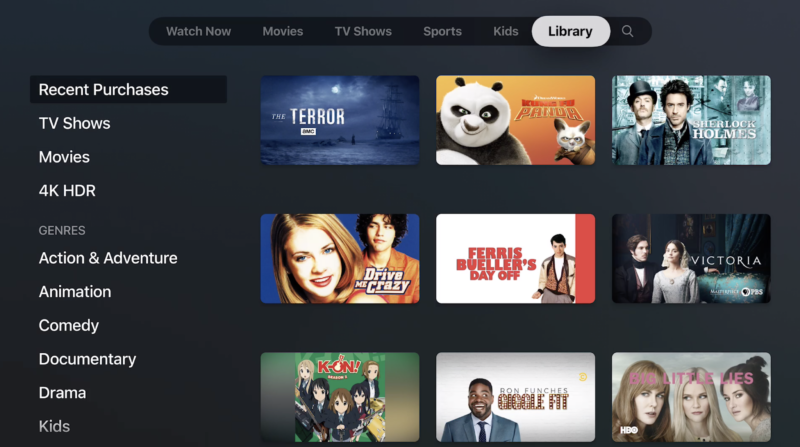
Apple is facing two class-action lawsuits over the meaning of the words “rent” and “buy.”
In the first suit, lead plaintiff David Andino argues that Apple’s definition of the two words is deceptive since the company can terminate people’s Apple IDs and, along with them, access to content they purchased using the “buy” button. Thus, Andino is arguing that Apple allows consumers to rent content rather than purchase it outright. If he had known that his access could be cut off at any time, he says he would have not spent as much on iTunes content.
“Just like Best Buy cannot come into a person’s home to repossess the movie DVD that such person purchased from it, [Apple] should not be able to remove digital content from its customers’ Purchased folders,” the suit says.
Apple countered by arguing that “no reasonable consumer would believe” that content purchased through iTunes would be available on the platform indefinitely. But US District Court Judge John Mendez wasn’t buying it, as first noticed by the Hollywood Reporter. He rejected a motion filed by Apple that sought to dismiss the suit. That means the suit can move forward with its claims of false advertising and unfair competition, though it could still be settled before going to trial.
Apple is also up against a second class-action suit related to terminating Apple IDs. In this one, lead plaintiff Matthew Price claims he lost $24,590.05 in iTunes, the App Store, and in-app purchases, along with $7.63 in account credit, which became inaccessible when Apple terminated his account. Price’s lawsuit was filed on Tuesday.
Price’s $25,000 worth of purchases is perhaps an extreme example of what many consumers may encounter when they buy content on digital platforms, only to find it unavailable when their accounts are suspended or terminated. At issue is whether digital content available through various platforms is truly owned by individuals if the platform owner can prevent them from accessing it in the future.
Amazon is defending itself against a similar lawsuit filed last April by people who claim the company falsely advertised that they would have unlimited access to content purchased through Prime Video. They are concerned that Amazon “secretly reserves the right to terminate the consumers’ access and use of the Video Content at any time,” the suit claims.
Prime Video and iTunes content can be downloaded and stored locally, but in many instances, purchased videos are streamed rather than downloaded. Apple and Amazon also advertise the fact that consumers can keep their purchased files in the cloud for later download. And when using certain settings on iOS and Fire devices, Apple and Amazon will automatically remove from a device content and apps that haven’t been accessed in a while, requiring the user to download them once more.
In Price’s case, it’s hard to imagine that not happening—if all of his purchases were videos made on iOS devices, they would take up well over 1TB. No iPhone currently offers 1TB of storage, and iPad Pros only began offering that amount of storage in late 2018. Price opened his Apple account in January 2018. In the case of apps, the storage question is moot—if he had to restore his device, many of his apps and in-app purchases would have to be fetched from Apple’s servers.
For 4K videos sold through iTunes, there isn’t an option to download copies to store locally. Such content can only be streamed, no matter the device, though consumers can download HD versions. Similarly, some HDR content is only available for streaming, though Apple’s support document does not identify which videos that applies to. “You might be able to download Dolby Vision and HDR versions to your iOS, iPadOS, and macOS devices,” it says.
https://arstechnica.com/?p=1759745

